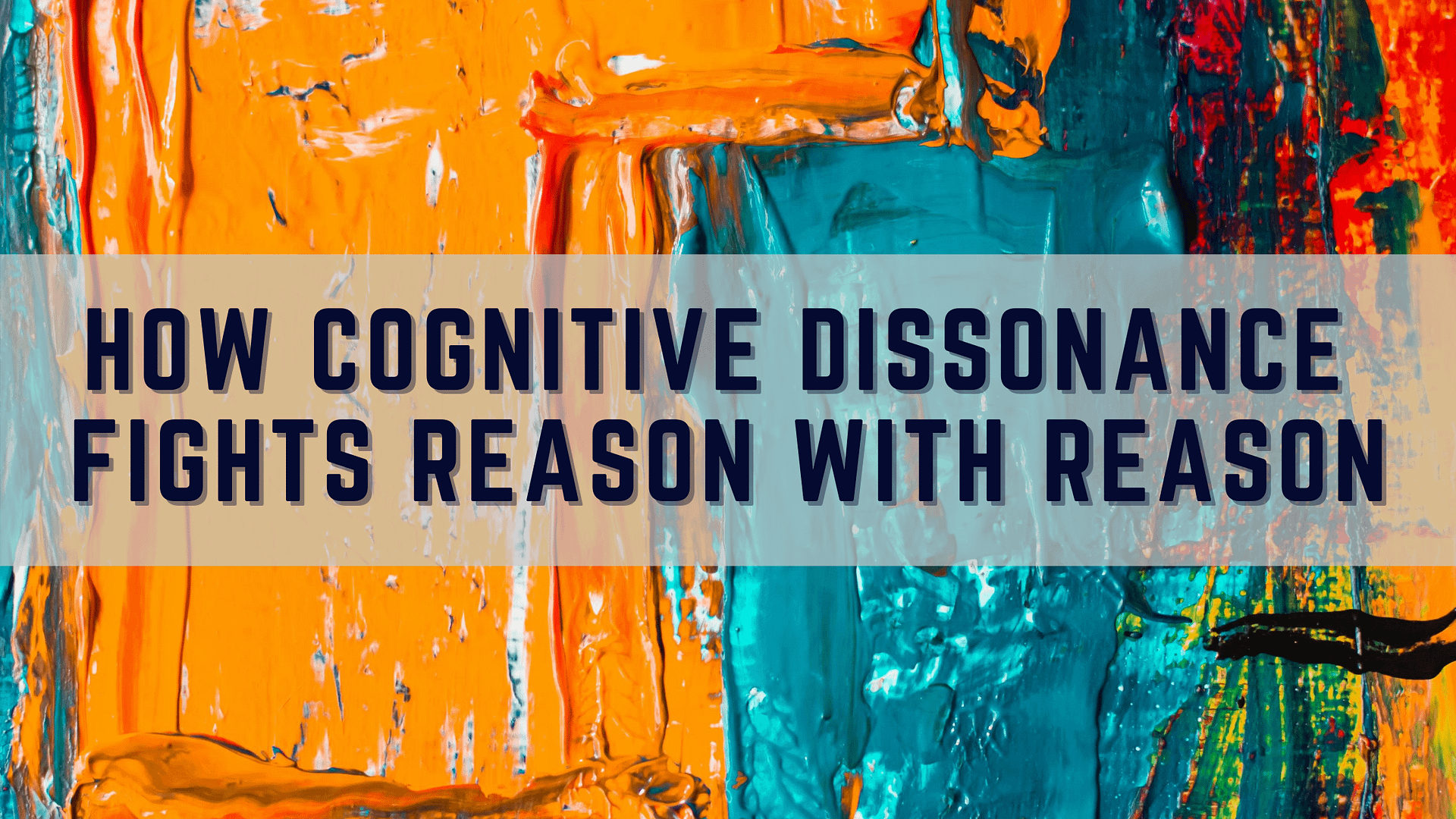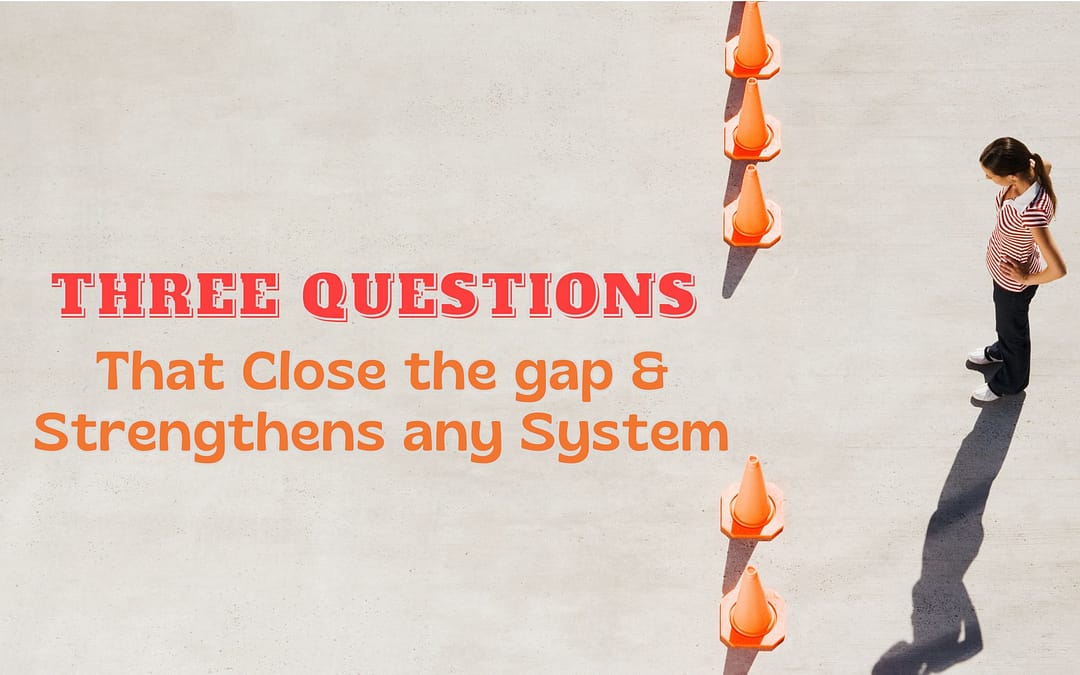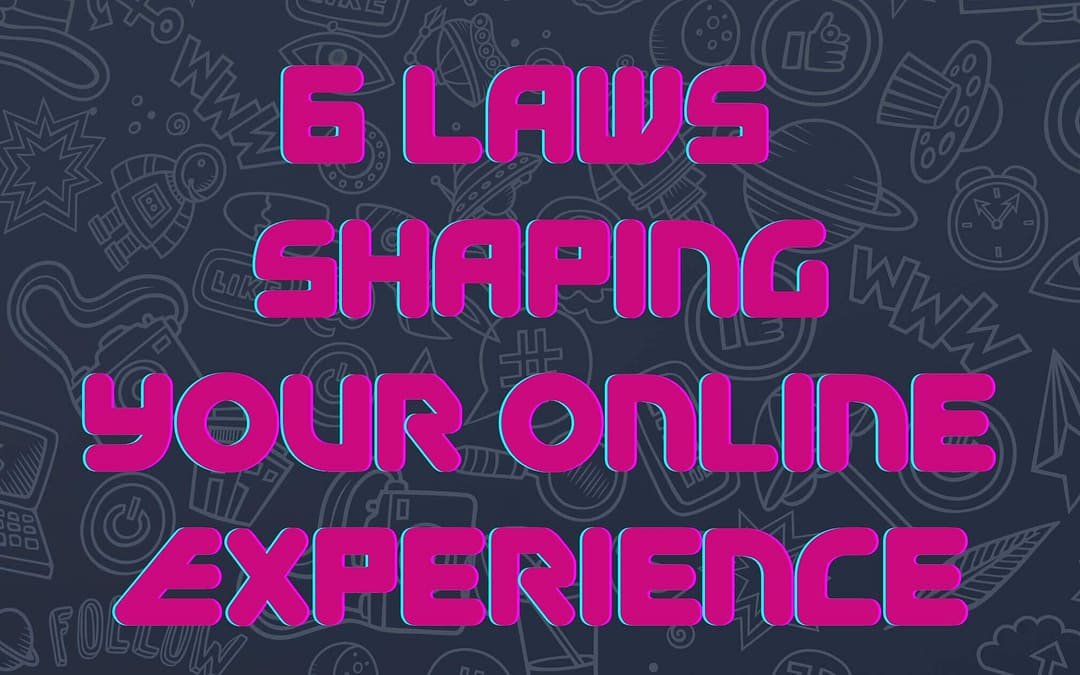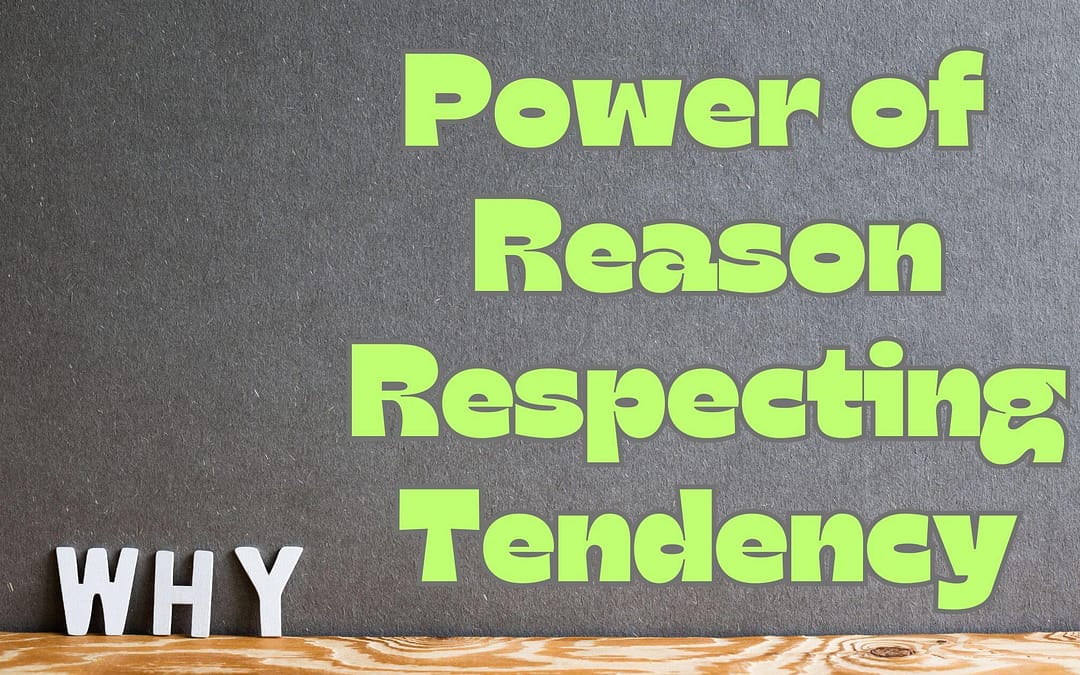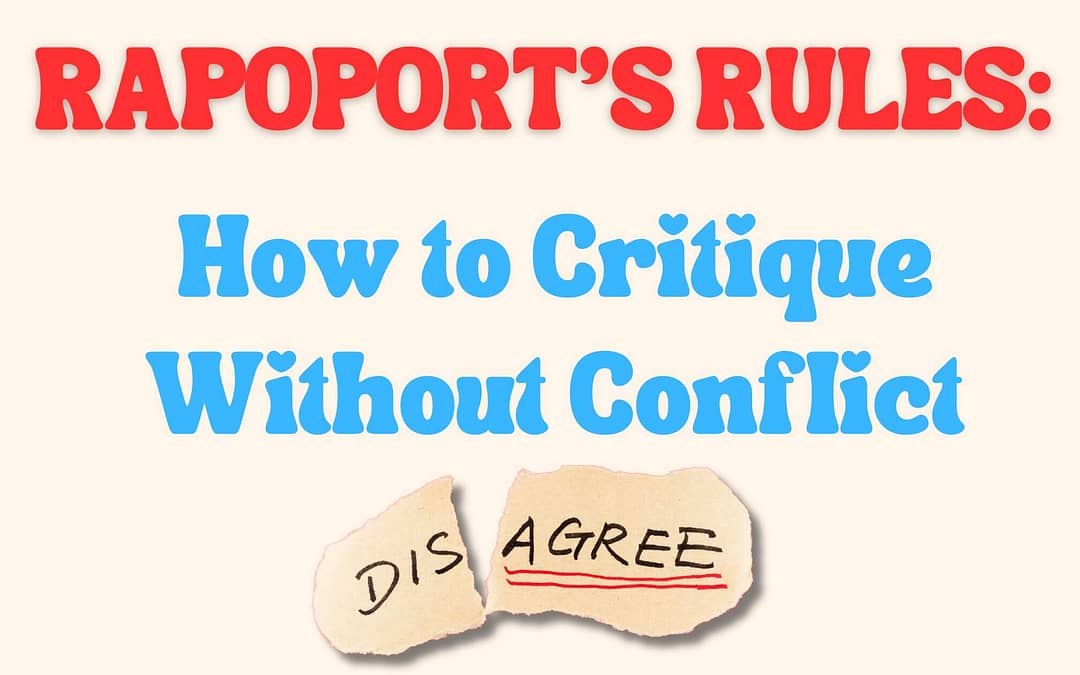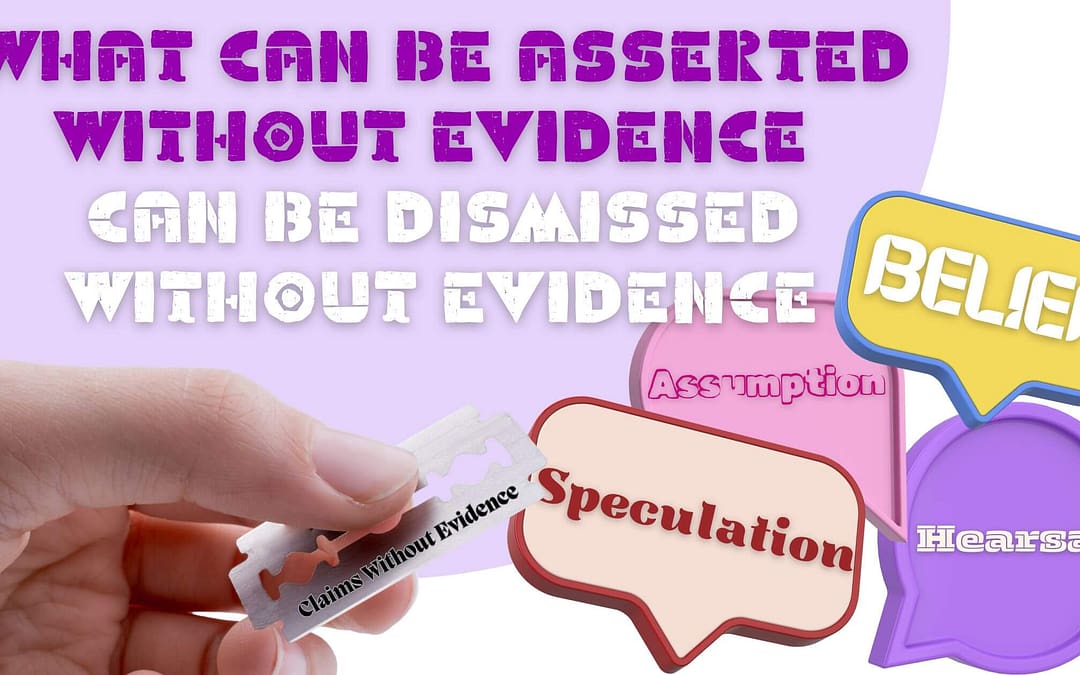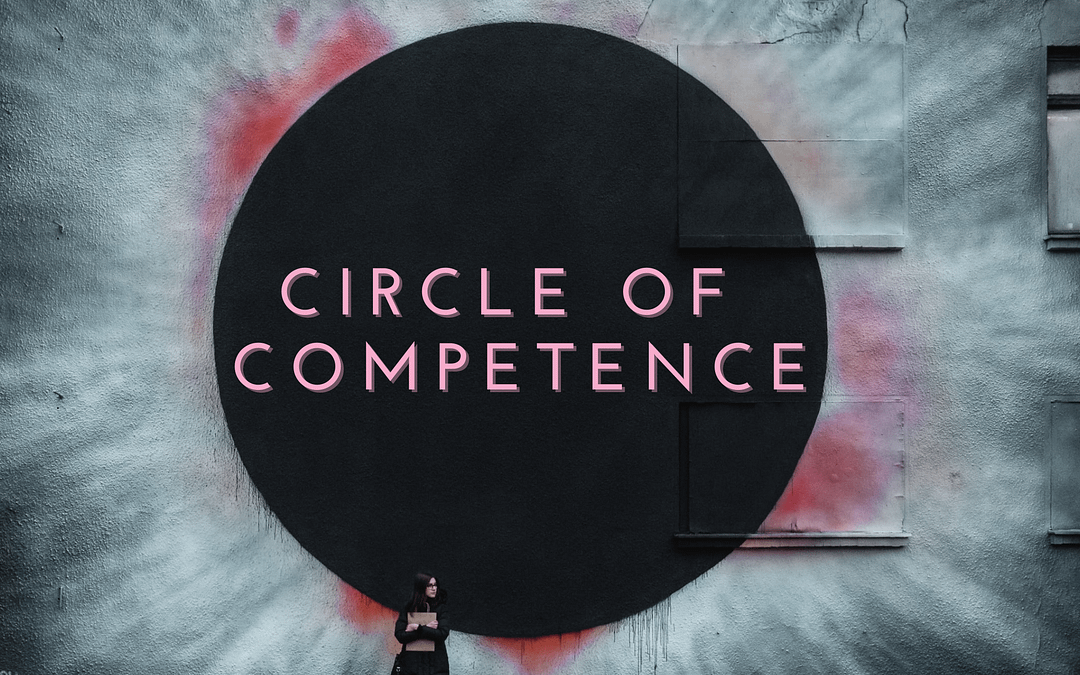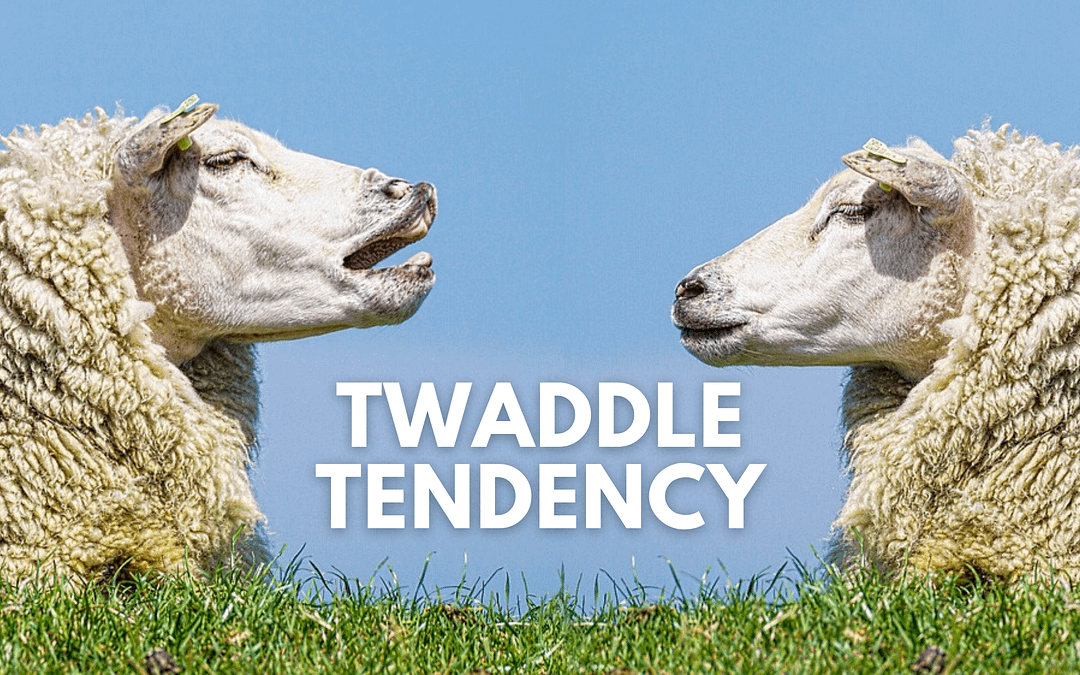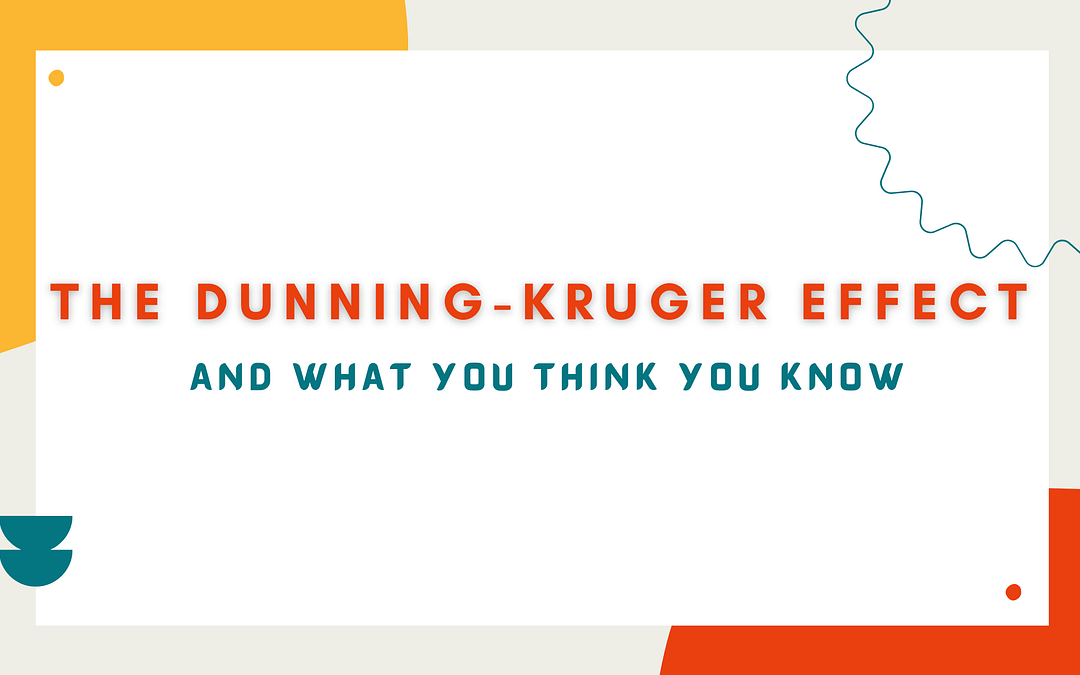Everyone would like to think of themselves as rational, forming their views from all the facts in an unbiased way. But this is almost never the case.
It is possible to hold two conflicting beliefs at the same time. The psychological term for this is cognitive dissonance. But cognitive dissonance doesn’t necessarily make us irrational, in fact, the way we deal with dissonance is through reason.
Commitment and Consistency Bias
Our minds will use reason against itself to prove what it already believes. For example, if you have strong political views and new information conflicts with what you believe, then you wouldn’t simply ignore the information.
Society favors consistency. Changing your mind too frequently can be seen as weak, or it could make you seem gullible. We want to be consistent with what we believed before to avoid admitting we were wrong.
The new information would create an inner conflict, cognitive dissonance, and your mind would find a way to resolve it. You might do this by seeking information in favor of what you believe, convince yourself your view was never in conflict to begin with, or you might even change your mind.
The Meat-Eating Paradox
Take eating meat for example. Most people would identify as animal lovers, but continue to eat meat even if they know it wasn’t humanely sourced. Where does this compassion for animals go when people are biting into a juicy burger? It doesn’t go anywhere; it is just resolved.
This person might say to themselves, “I have to eat meat to stay healthy”, despite there being plenty of healthy vegetarians in the world. Some other possible ways this dissonance could be resolved is by saying, some animals are meant to be eaten, I don’t eat a lot of meat, it’s already dead, or I only care about certain animals.
I’m not trying to say we should all be vegetarians if we consider ourselves animal lovers, just that there are examples of cognitive dissonance all throughout everyday life.
Advertisers use cognitive dissonance all the time. It’s a technique they use to sell you the lifestyle more than the product, creating the idea your life is incomplete without it.
Marketing Creates Cognitive Dissonance
What might an advertiser do in the meat-eating example? They could come up with an entire vocabulary for terms that sound humane, but really have little significance to the treatment of animals within its farms.
Eggs are another great example of the meat-eating paradox. You might have seen labels like natural, farm fresh, fertile, but what does this really mean? Nothing. The U.S. government doesn’t set any requirements for the labels on egg cartons, with the exception of “certified organic”. Cage-free doesn’t even mean chickens will have outdoor access.
These terms are specifically targeted at consumers who care for the well-being of the animals they consume, and are likely looking for ways to resolve their inner conflict by buying eggs with those labels. Chances are, this consumer will probably pay more for their eggs too.
It’s Not All Bad
Although most of the conversation surrounding cognitive dissonance is negative, there are also positive ways we can use it. Take recycling for example. Many advertisers now focus on reusable items that are environmentally sourced in their campaigns.
Public relations specialists are partly responsible for the public shift to thinking being green is cool. They create cognitive dissonance within ourselves by saying the things we buy and the things we do are bad for the planet. Most people want to have a positive impact on the earth and the security of a healthy environment for generations to come.
Because of these advertisements and marketing campaigns, we can now resolve the dissonance by choosing to purchase environmentally friendly products.
How Understanding Cognitive Dissonance Can Make Us More Rational
Now that you know the mental tricks our minds play to convince us of the things we already know, also known as confirmation bias, we can look out for it.
When we feel our views or beliefs are being challenged, we could resolve our dissonance in a rational way by acknowledging the possibility we could be wrong or at least the necessity we may need to adjust our views. Be careful not to seek out information to confirm what we already know.
When it comes to advertisements meant to sow inner conflicts, ask yourself this. Do I really need the product? Are they selling the lifestyle more than the actual product?

